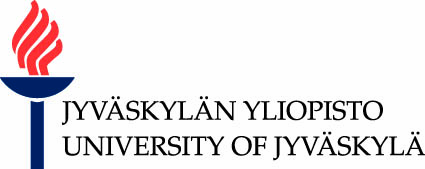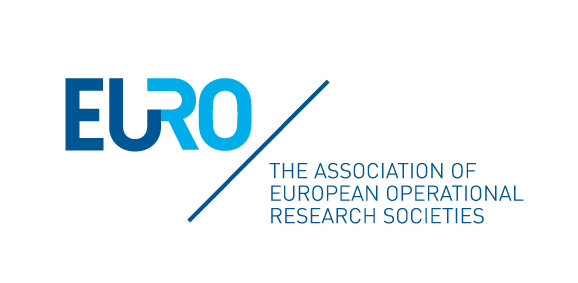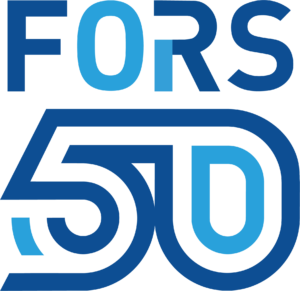
FORS50 Conference on Operations Research (OR) was held on September 23-24 in 2023 at the University of Jyväskylä, Finland, in honor of the Finnish Operations Research Society’s 50-year anniversary. The conference featured invited keynote talks and contributed talks in parallel sessions and it provided a platform for researchers, practitioners, and students to share their ideas and contributions on the latest developments in OR while celebrating the Finnish Operations Research 50-year journey.
The event covered a range of topics on the impact of operations research on society in the past and the possibilities it offers in the future:
- Humans in OR: How do people and organizations use operations research to improve decision-making? How can we incorporate human factors into OR models and methods to better reflect real-world complexities?
- How OR has changed the world: What are some recent applications of OR in industry, government, and society? How has OR contributed to solving complex problems and making better decisions?
- The future of OR: What are some of the emerging trends and challenges in operations research? How can we innovate and adapt to meet the evolving needs of stakeholders, decision makers, and society at large?
We received around 30 abstracts that were presented in parallel sessions. The collection of abstracts is available here.
In addition, we had invited keynote talks from distinguished researchers and practitioners from the field of OR. Details of the keynotes are below.
Keynote speakers who gave a talk at FORS50
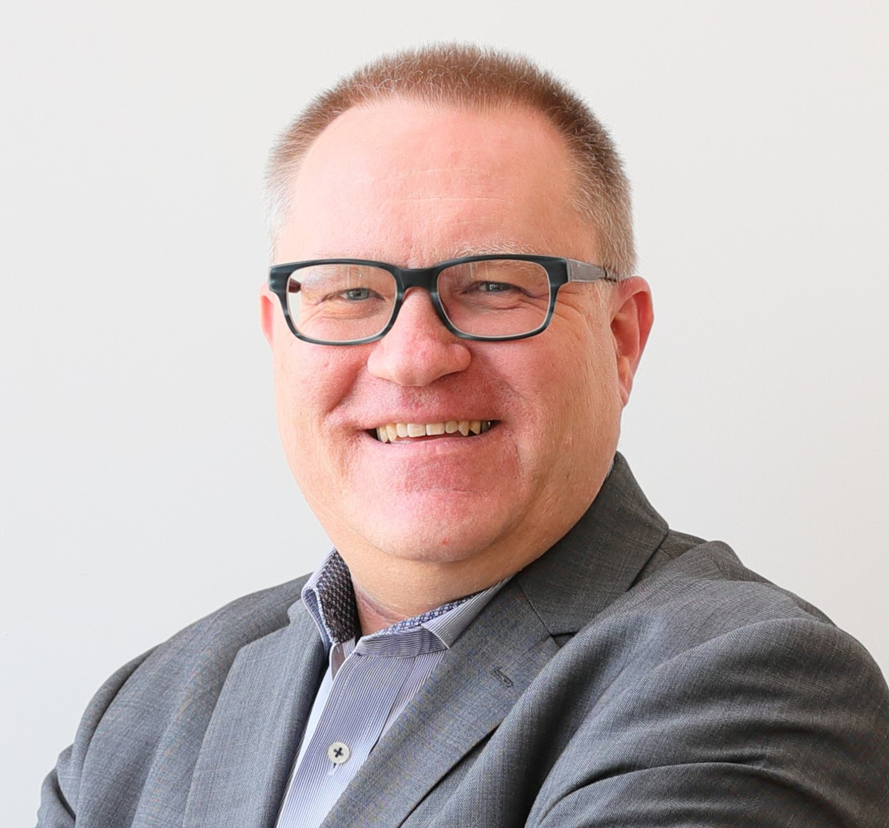
Prof. Dr. Bernhard Sendhoff
CEO — Global Network Honda Research Institutes
Prof. Dr. Bernhard Sendhoff has had a distinguished career in both academia and industry. He obtained his PhD in Applied Physics from Ruhr-Universität Bochum, Germany in 1998. From 2011 to 2018, he served as the President of Honda Research Institute Europe GmbH. Concurrently, he was an Honorary Professor at the School of Computer Science, University of Birmingham, UK from 2007 to 2020.
In 2019, Dr. Sendhoff became the President of Honda Research Institute Japan Co., Ltd., a position he held until 2021. Since 2008, he has been an External Professor at the Technical University of Darmstadt, Germany. In 2017, he was appointed as an Operating Officer at Honda R&D Co., Ltd., Japan.
As of 2021, Dr. Sendhoff has taken on the role of CEO for the Global Network Honda Research Institutes. He is a Fellow of the IEEE and a Senior Member of the ACM, reflecting his significant contributions to the field.
Title and Abstract of the Keynote
AI in Engineering Design: From Tool to Partner
The role of AI in Engineering and particularly in Engineering Design has made significant progress in the last years. In the first part of my presentation, I will outline the CAE/AI enhanced approach to engineering design from an industrial perspective. This will include examples from design and topology optimization and concludes with some of the remaining challenges like robustness and many-objective optimization.
In the second part of my presentation, I will introduce approaches to go beyond the tool-based AI in the engineering design process chain and enable the AI methods to improve their performance over time. Experience-based Computation: learning to optimise has been an EU Horizon 2020 project that addresses the issue on how optimization can be improved through learning just like the engineer becomes more and more experienced over time. I will look at one approach inspired from data mining and knowledge extraction and one from transfer learning and the advantage of multi-task optimization.
AI as a cooperative partner in the engineering design process will be the subject of the last part of my presentation. I will briefly introduce the general concept of cooperative intelligence and then outline some of the challenges in understanding the engineer for optimal support. Many if not most engineering design decisions are made in a team, therefore, it is necessary to go beyond the cooperative interaction between the engineer and AI as a partner, but to also study the effect that an AI system can have on the decision dynamics in a team.
The presentation will conclude with a summary and some additional issues that have to be addressed to evolve AI from a tool to a partner in Engineering and in Engineering Design.
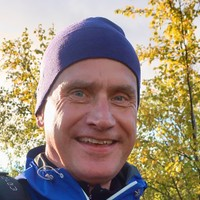
Prof. Dr. Anders Forsgren
KTH Royal Institute of Technology
Anders Forsgren is a professor of optimization and systems theory at the Department of Mathematics, KTH Royal Institute of Technology, Stockholm, Sweden, since 2003. He was born in Danderyd, Sweden, in 1961.
His main research area is nonlinear programming. Anders Forsgren works mainly with method development, in particular research questions related to Newton-type methods for solving smooth nonlinear optimization problems. He also works on applications related to optimization of intensity-modulated radiation therapy. In addition, Anders Forsgren has been involved in optimization applications related to cell biology and telecommunications.
Title and Abstract of the Keynote
Nonlinear optimization: Methods and applications
The talk will give a presentation of research related to nonlinear optimization in which the speaker has been involved. This includes method development related to different types of nonlinear optimization problems. Particular focus will be put on mathematical challenges that arise. Optimization related to applications areas such as radiation therapy and cell metabolism will also be covered. In particular, the close connection between fundamental optimization research and clinical treatment planning systems for radiation therapy will be discussed.
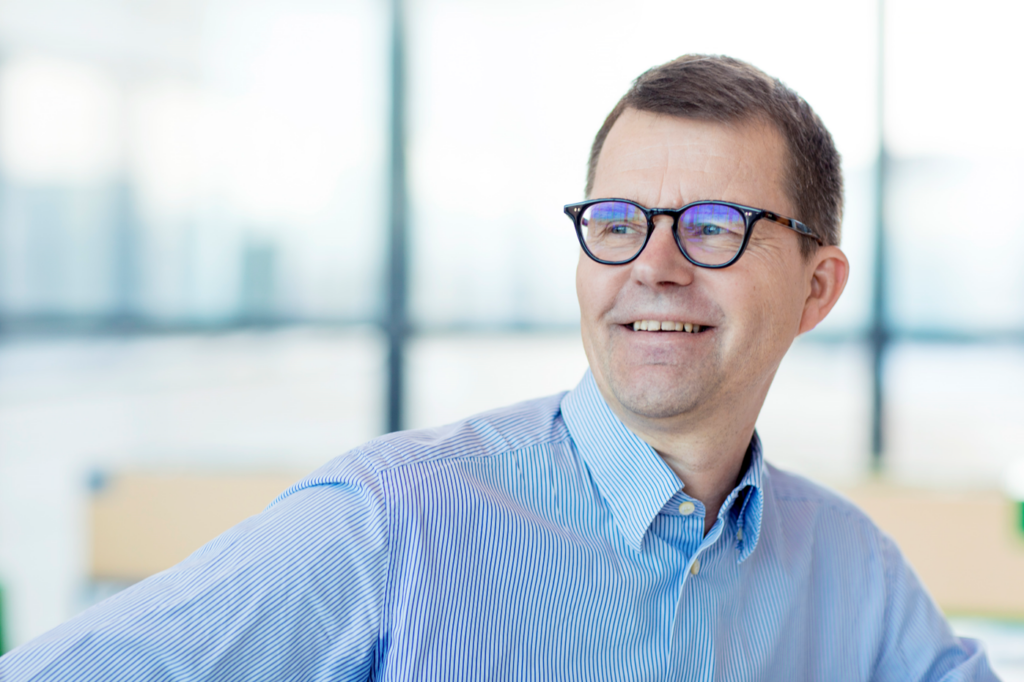
Dr. Jukka Ruusunen
CEO — Fingrid
Jukka Ruusunen is President & CEO of Fingrid Oyj, the national transmission system operator in Finland. He has previously served in various positions at Fortum Power and Heat Oy and Imatran Voima Oy. Before that he worked at Helsinki University of Technology and Helsinki School of Economics. Jukka Ruusunen is docent at Aalto University School of Science and Technology, and Aalto University School of Economics. He is the chairman of the National Emergency Supply Council.
Jukka Ruusunen holds a doctoral degree from Helsinki University of Technology.
Title and Abstract of the Keynote
A true story of an operations researcher
I am going to tell you a true story of an operations researcher who started his operations research career at the same time when Commodore 64 was published. During my journey I have been looking at operations research from the academic point of view, as a market analyst and business developer in energy business, and finally as a CEO of an electricity transmission company. I have seen in practice how operations research works, and the central role of a human being in operations research.
With my personal journey as a “backbone”, I will take up some lessons learned that I would like to share with other operations researchers. The importance of understanding when models work and when they don’t work. The importance of combining modelling with common sense. Simplifying and communicating results to non-experts. Responsibility of the operations researcher – you are responsible, not the model (“the model says…”). And like in any modelling, a model is a simplification of reality, and you have to understand how you have simplified the reality.
Finally, some ideas for the future…
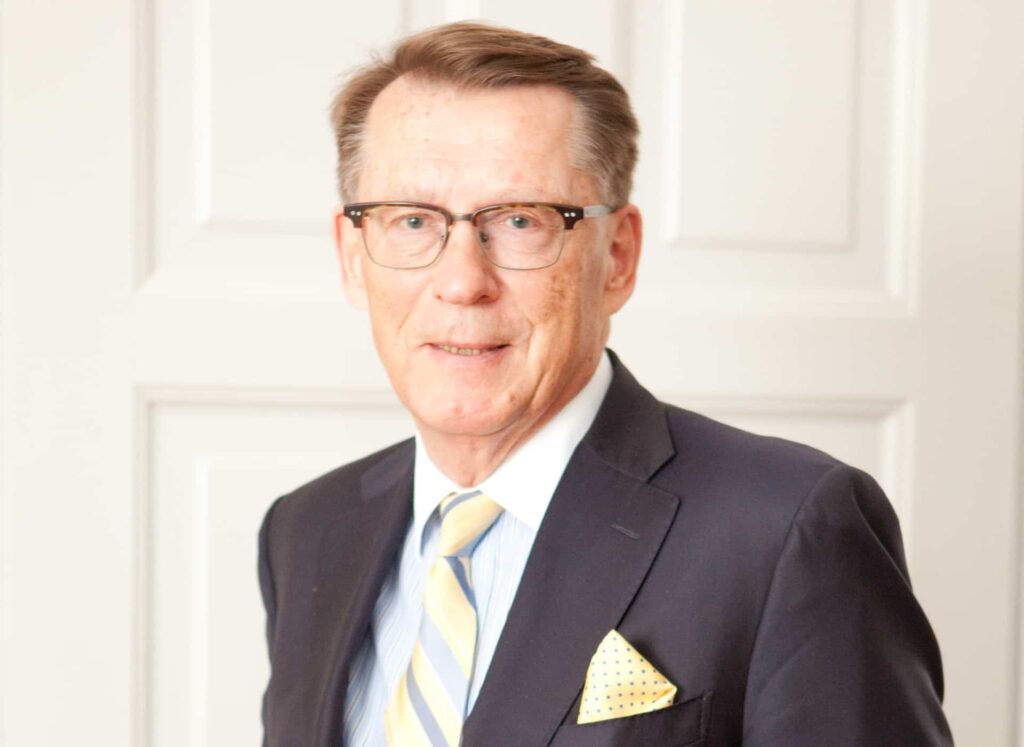
Prof. Dr. Emeritus Jyrki Wallenius
Aalto University School of Business
Jyrki Wallenius is emeritus professor at Aalto University School of Business (Aalto BIZ), Department of Information and Service Management. He was appointed professor of Management Science at former Helsinki School of Economics (HSE) in 1998. During his career at Aalto BIZ and HSE, he served in many roles: as professor, MBA director, doctoral program director, department head, Vice Rector, and dean. Prior to joining the Helsinki School of Economics, Wallenius served as Associate Professor and department head at the Economics Department, University of Jyväskylä. He has spent several sabbaticals in the United States, including Purdue University, Texas A&M University, and Arizona State University. His research interests are in Multiple Criteria Decision Making (MCDM), in particular in multi-objective optimization and decision support. Wallenius has published widely in many leading journals, including Management Science, Operations Research, and European Journal of Operational Research. He is former President of the International Society on Multiple Criteria Decision Making and chair of its awards committee, past editor-in-chief of the European Journal of Operational Research, and a co-founder of INFORMS Section on MCDM.
For over a decade, Wallenius has served on several boards of private Finnish foundations. Moreover, he served on Finnish IIASA Committee for several years. Wallenius is the recipient of numerous awards, both international and domestic. Among the awards are the Edgeworth-Pareto award of the International Society on Multiple Criteria Decision Making and Jaakko Honko-medal. Wallenius is the honorary President of the Finnish Operations Research Society.
Title and Abstract of the Keynote
Operations Research in Finland: A Historical Perspective
The history of Operations Research in the world and in Finland are briefly covered. The key persons are identified. The development of Operations Research is linked to the development of computers. Operations Research could not have found widespread applications without the simultaneous development of computers. I share my personal experiences how it was to conduct Operations Research in early 1970’s. I identify some key trends, which we have experienced over decades. I conclude with the state-of-the art view of Operations Research today, with an emphasis on analytics.
Conference was supported by
